ABB 3BSC690042R1
Manufacturer:ABB
Model Number:3BSC690042R1
Module Type:Industrial Control Module
Operating Voltage:220V
Frequency Range:50kHz
Certification:Compliant with IEC standards
Compatibility:Interoperable with various ABB controllers and systems
Crafted by ABB, this control module represents the pinnacle of industrial automation technology. With an operating voltage of 220V and a frequency range of 50kHz, it ensures stable and efficient performance under demanding conditions.
The module is meticulously designed for seamless integration into existing manufacturing systems, enhancing overall efficiency and reliability. Its robust construction guarantees longevity even in harsh environments.
Key features include its compliance with international IEC standards, ensuring quality and safety in every application. It is also compatible with a wide range of ABB controllers and systems, offering flexibility and ease of use.
Installation is straightforward, thanks to detailed documentation and support provided by ABB. Our technical team is always on hand to assist with any questions or issues you may encounter during setup.
Invest in the future of your industrial processes with this high-performance control module. Experience unparalleled reliability and efficiency with ABB‘s 3BSC690042R1.

Main Brand:
ABB Allen-Bradley Alstom Bently Emerson Foxboro
GE MOOG Schneider Woodward HIMA Honeywell
Annual hot selling advantage products:
ABB HIEE300690R0001 ABB HIEE300766R0001 ABB HIEE401091R0002
ABB HIEE451116R0001 ABB HIEE450964R0001 ABB HIEE300900R0001
First hand source, affordable price. Spot inventory!
•Shipping Port: Xiamen
•Ship to you via Fedex/DHL/TNT/UPS/EMS
•Package: Original packing with cartons

Our Main Brand
ABB, GE, Allen Bradley, Honeywell, Emerson, Bently Nevada, Prosoft, Siemens, Westinghouse, Triconex, Foxboro, ICS Triplex, Hima, Schneider, Yokogawa, Woodward, B&R, KEBA, etc
Rockwell: Allen-Bradley
1) ControlLogix 1756 series controller
2) CompactLogix 1769 series controller
3) SLC 500 1747 1746 Series Controller
4) PLC-5 1771 1785 series controller5)
5)ProSoft :MVI69/PS69/MVI56/MVI94/MVI71/MVI46/31506)
6)ICS TRIPLEX trusted system
ABB:
1) AC800M series controller I/O module
2) AC800F series controller module
3) AC31 series controller module
4) 800xA series modules
5) Bailey INFI 90 module
6) DSQC robot module spare parts
7) Advant OCS system spare parts
8) H&B Freelance
Bentley Nevada :
1) Bently 3500 Monitoring system
2) Bently 3300 Monitoring system
Schneider:
Quantum 140 series :Modicon M340
Modicon Premium :CPU Processor Module,Communication module,etc
Emerson:
1) Ovation System DCS Card
2) DeltaV system Dual Channel Redundancy Safety System, Redundancy Controller
General Electric:
1) IS200/DS200 series Excitation system card
2)IC693/IC695/IC697/IC698/IC200/IC660/IC670 CPU module,Communication module, Analog Digital module
What is a DCS?
A Distributed Control System (DCS) is a sophisticated, computer-based control system designed to automate, monitor, and manage complex industrial processes. It is widely used in large-scale industrial facilities such as refineries, power plants, chemical plants, and paper mills, where precision, reliability, and scalability are critical.
How Does a DCS Work?
A DCS is composed of several interconnected components that work seamlessly to ensure efficient process control. Here’s a breakdown of its key elements:
- Controllers:
These are the “brains” of the system. Controllers receive data from sensors, process it using pre-programmed logic, and send output signals to actuators to maintain optimal process conditions. - Sensors:
Sensors act as the “eyes and ears” of the system, measuring critical physical parameters such as temperature, pressure, flow rate, and level. This real-time data is essential for accurate control. - Actuators:
Actuators are the “muscles” of the system. They execute physical actions based on controller commands, such as opening/closing valves, starting/stopping motors, or adjusting dampers. - Operator Stations:
These serve as the human-machine interface (HMI), allowing operators to monitor the process, adjust setpoints, and troubleshoot issues. Modern DCS systems often feature intuitive graphical interfaces for ease of use. - Communication Network:
The backbone of the DCS, this network connects all components, enabling seamless data exchange and coordination. It ensures that every part of the system works in harmony, even across large industrial sites.
Why is a DCS Important?
- Centralized Control with Distributed Execution: A DCS allows for centralized monitoring while distributing control functions across multiple controllers, reducing the risk of system-wide failures.
- Scalability: It can easily expand to accommodate growing operational needs.
- Reliability: Redundant systems and fail-safes ensure continuous operation, even in critical environments.
- Efficiency: Optimizes processes, reduces waste, and improves overall productivity.
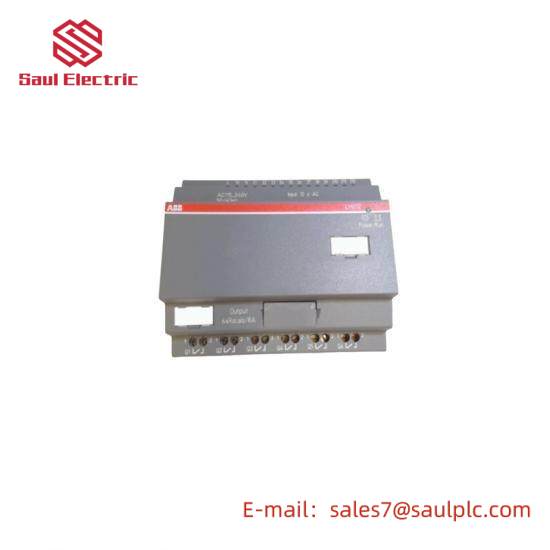


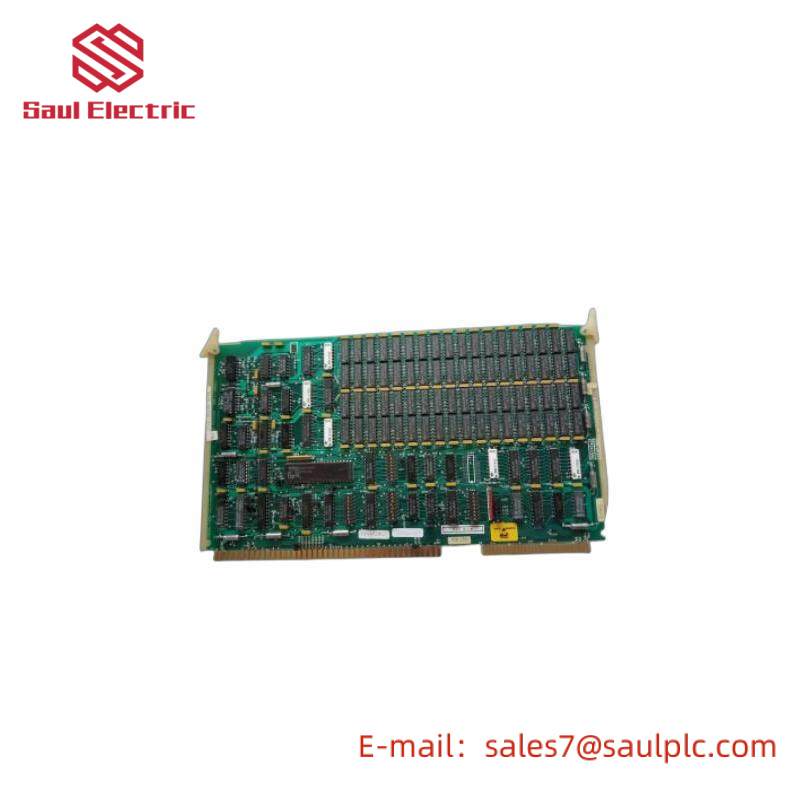
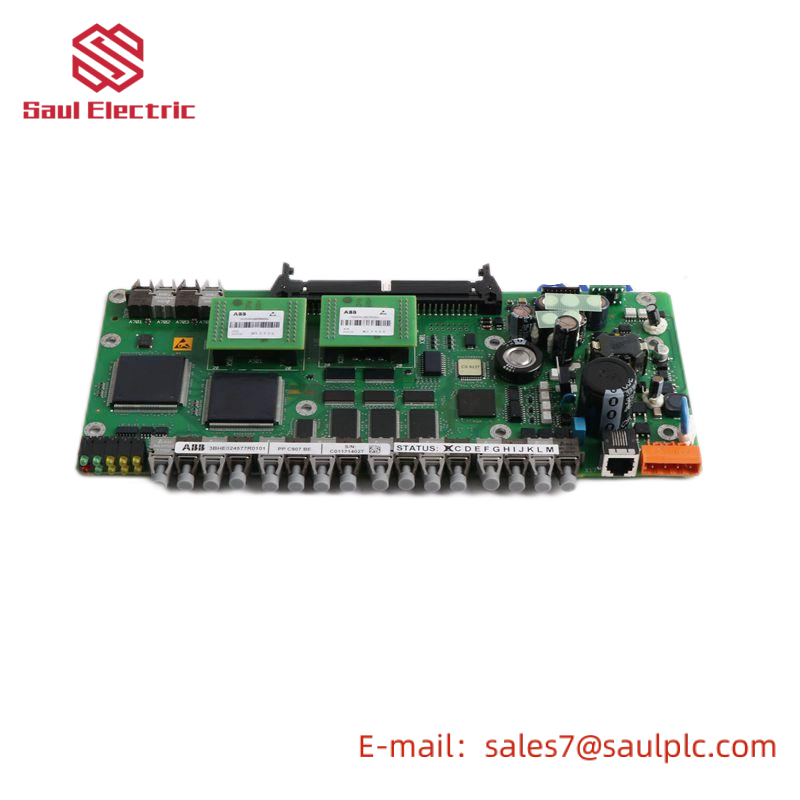
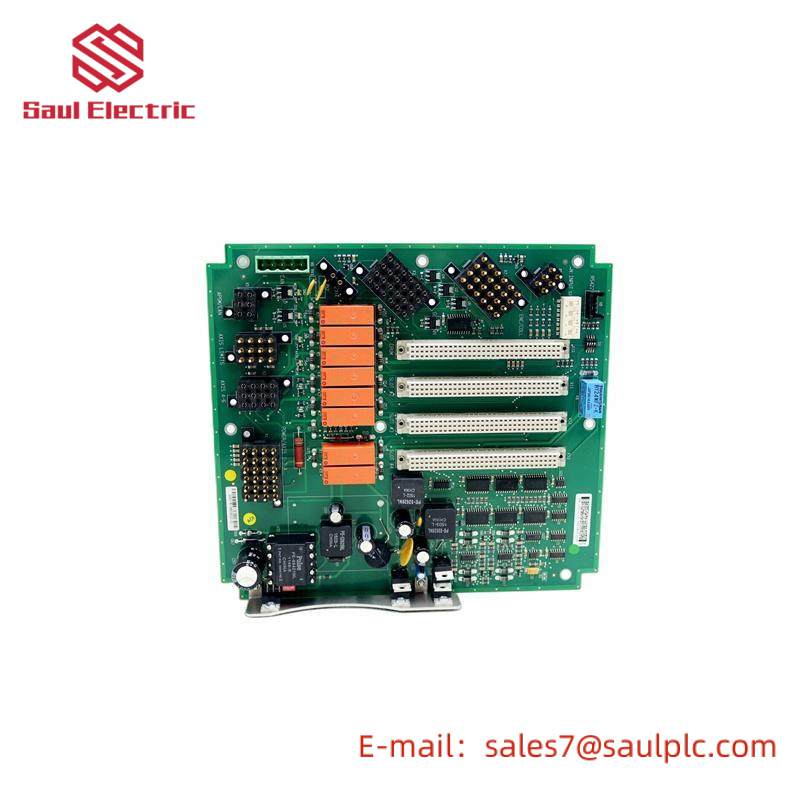
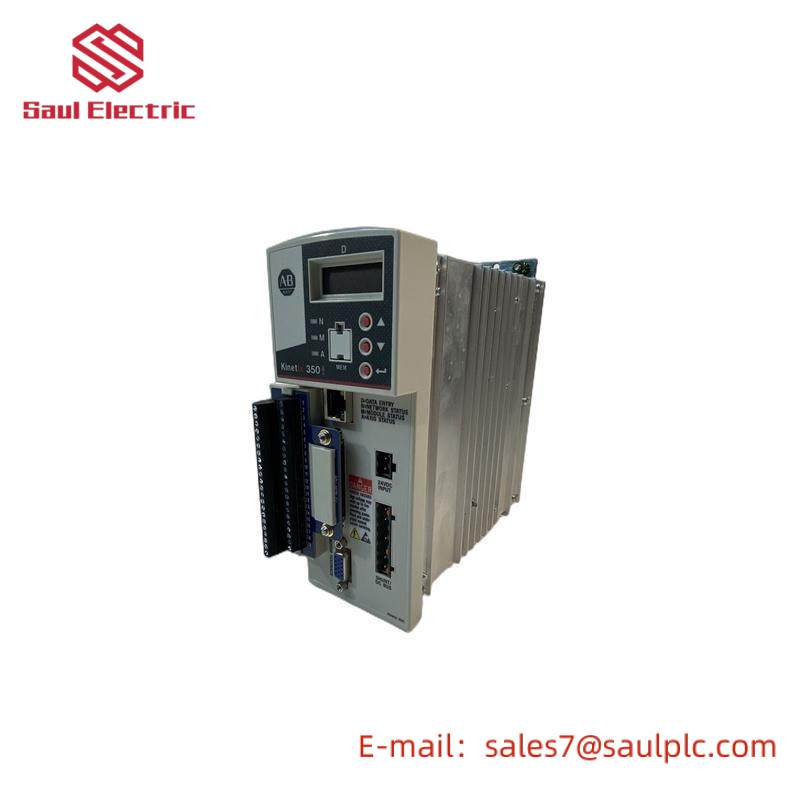

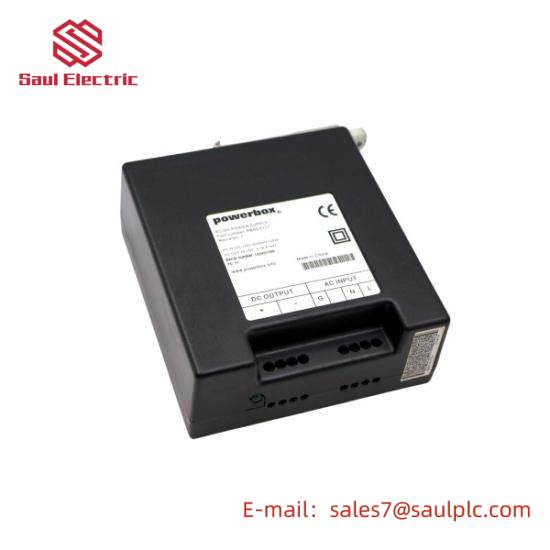


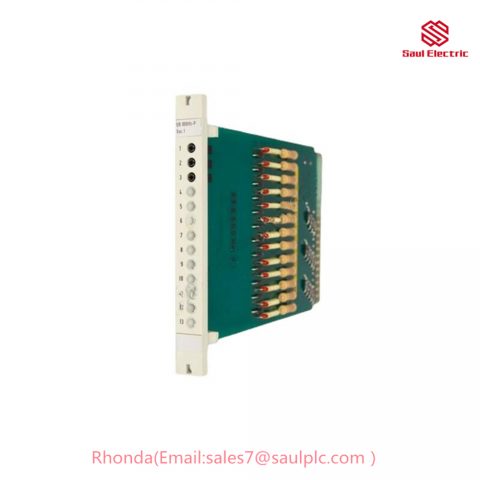
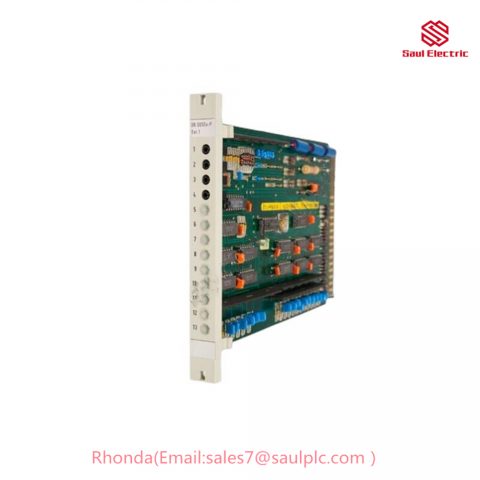
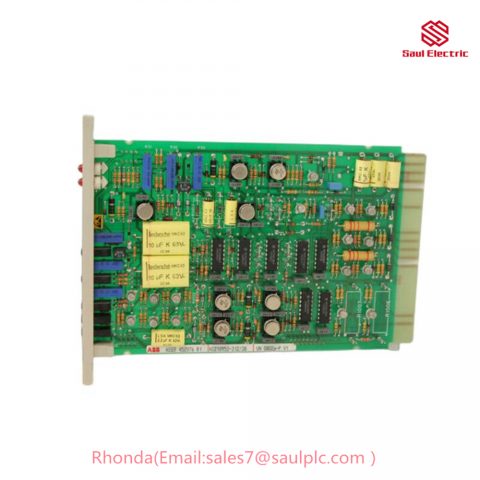
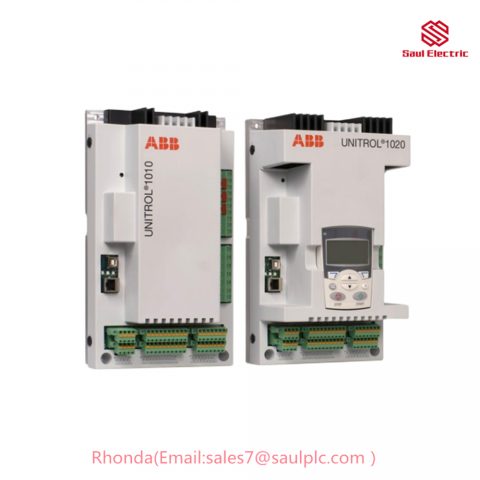
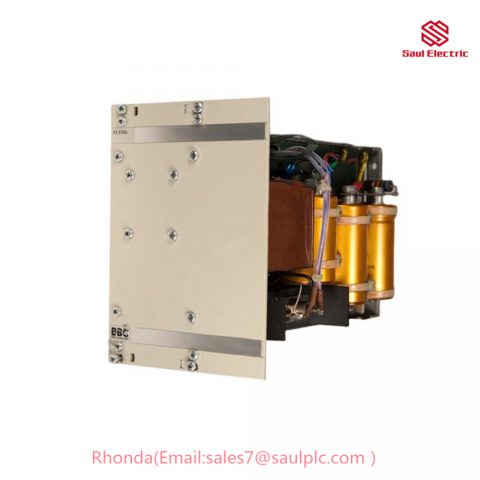
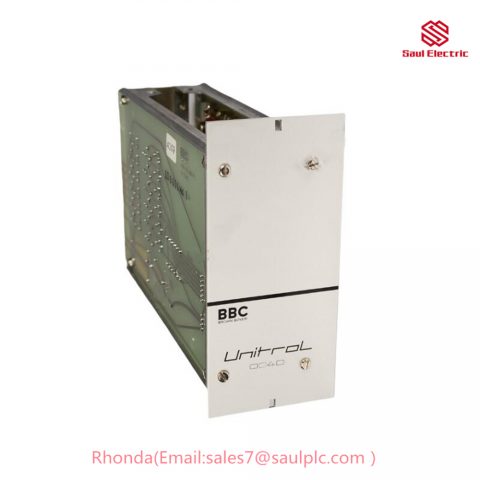
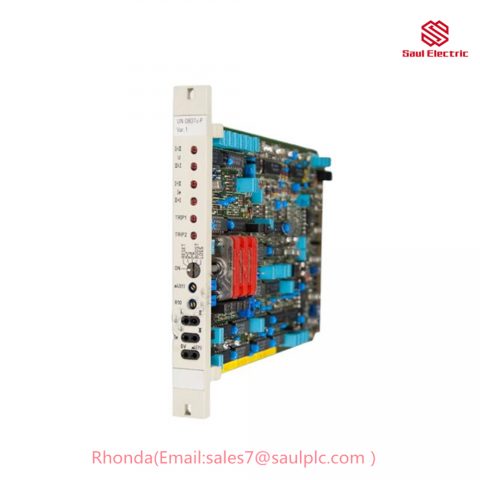
There are no reviews yet.